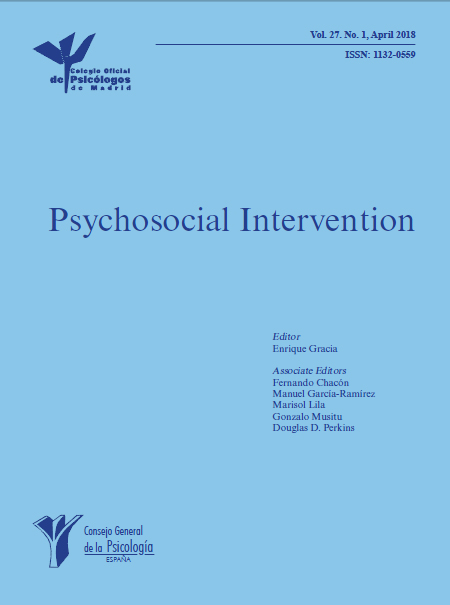
La gestión del conocimiento: en busca de una agenda transcultural
[Knowledge management: toward a cross-cultural agenda]
Iles, Paul$Altman, Yochanan
Teeside Univ. , Teeside Business School, Reino Unido$London Metropolitan Univ. , Department of Management & Professional Development, Reino Unido
Resumen
El conocimiento es considerado como un recurso crÃtico esencial, a la vez que una fuente de ventajas competitivas en la economÃa global, más aún cuando proliferan las empresas de servicios, hay más trabajadores del conocimiento, la transmisión de información se agiliza y cobran paulatina importancia el capital intelectual y los derechos de propiedad intelectual. Existe un acuerdo unánime en que las organizaciones deben destacar en la creación, aprovechamiento, aplicación y movilización del conocimiento. En ese empeño están implicados aspectos tales como el modo en que las organizaciones se estructuran para impulsar la creación y movilización de conocimiento, y cómo se crea una cultura y se priorizan polÃticas y prácticas de gestión de recursos humanos que aprovechen el conocimiento y lo potencien hasta alcanzar sus objetivos comerciales. Al estudiar la gestión del conocimiento, no obstante, casi nunca se aborda el entorno cultural en el que se desenvuelven las instituciones, pasando por alto el contexto transcultural. En este artÃculo sà se aborda, y se desarrolla un modelo de migración del conocimiento a través de culturas, contribuyendo asà a comprender la gestión del conocimiento, sus antecedentes y sus consecuencias.
Abstract
Knowledge is seen to be a key critical resource and a source of competitive advantage in the global economy, especially with the rise of the service industries, the growth in the number of knowledge workers, the increasingly rapid flow of information, and the growing recognition in the importance of intellectual capital and intellectual property rights. It is common parlance that all organisations will have to excel at creating, exploiting, applying and mobilising knowledge. Pertinent issues include how organisations should structure to promote knowledge creation and mobilisation; and how to develop a culture and prioritise HRM policies and practices that harness knowledge and leverage it to meet business objectives. However, most discussions of Knowledge Management do not address the cultural milieu in which institutions are set, and neglect the cross-cultural context. We do that here by developing a model of knowledge migration across cultures, thereby contributing to the understanding of Knowledge Management, its antecedents and consequences.
Copyright © 2026. Colegio Oficial de la Psicología de Madrid















